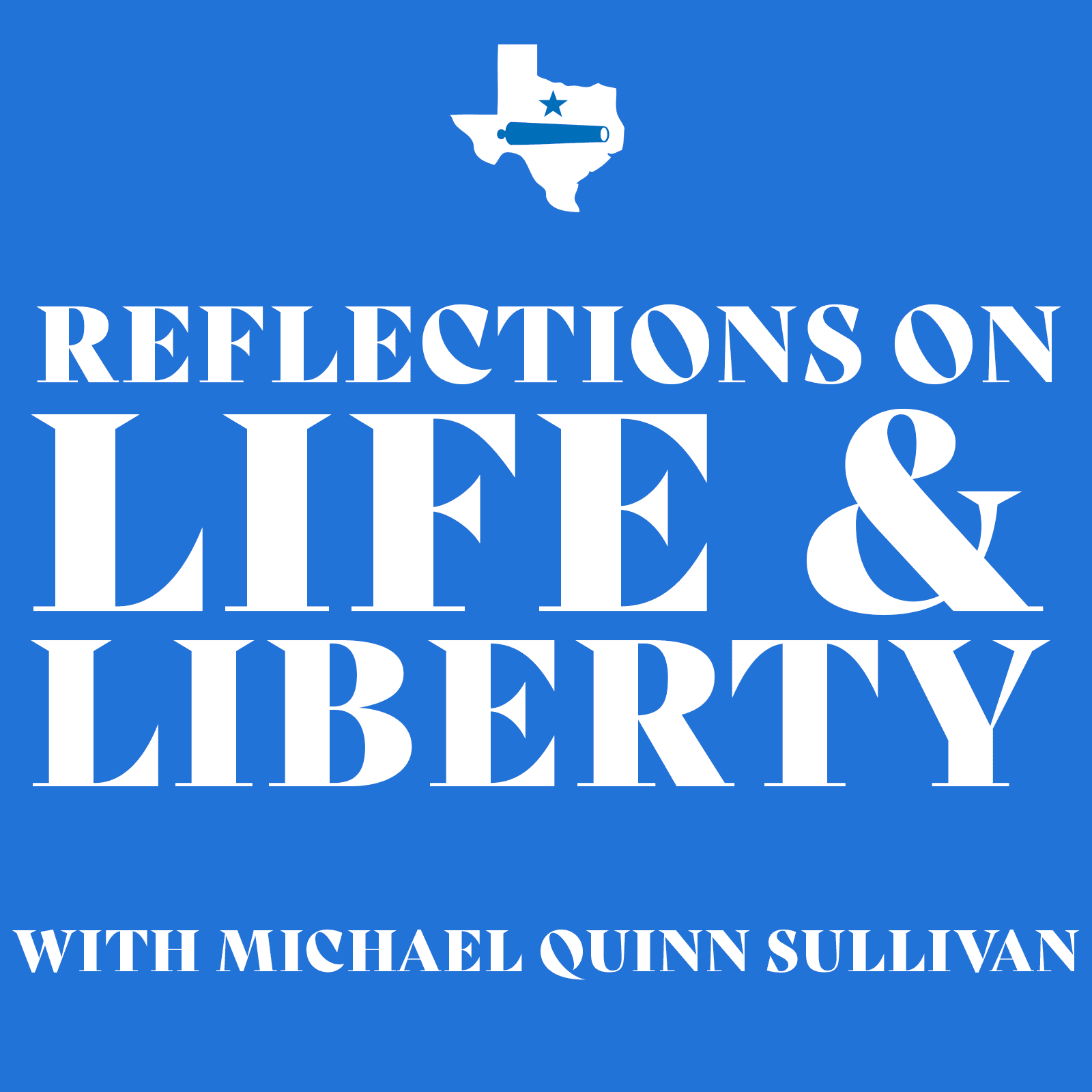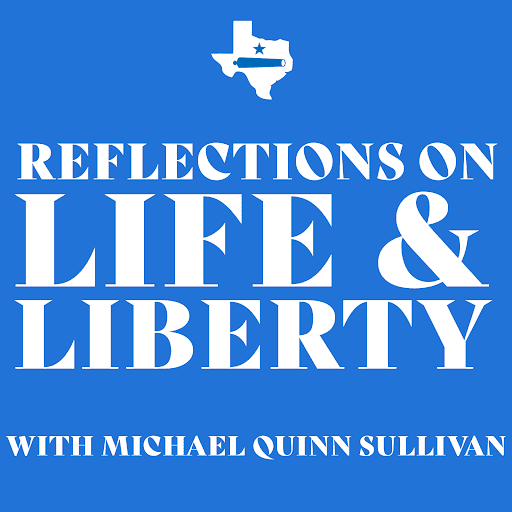How sturdy must a wall be built to keep God out? And why are we so insistent on trying? Those questions have weighed on me each time I visit Mount Olivet, looking toward Jerusalem’s ancient city walls.
Though today it is covered with family crypts, 2,000 years ago, the hillside was dotted with olive groves, producing its name and the region’s most important fruit. But its place in history is even more significant.
Before Jesus entered Jerusalem in the last week of His ministry, He looked out over the city from the Mount of Olives. Then, before being arrested, Jesus went to pray in the Garden of Gethsemane, which is nestled on the hillside.
For modern visitors, it’s a convenient point from which to photograph the ancient walls of the Old City, the Temple Mount, and the golden Dome of the Rock Islamic shrine.
One detail is easy to overlook. From the Mount of Olives, you are looking at the Old City’s eastern wall. From this place, you see the outline of what would have been a massive gate; it was permanently sealed in 1541 by the Ottoman Sultan Suleiman.
The Jewish crypts blanketing the Mount of Olives were placed there for the same reason those Muslims sealed the gate: this is where, in the Jewish Talmudic belief, the promised Messiah would enter Jerusalem at the end of time, resurrecting the dead in His wake.
The Jews wanted a good seat, and the Muslims wanted to block His entry.
Did the sultan think that through? If he were concerned enough to seal the gate, maybe he should have considered that a few feet of stone wouldn’t cause this divine and victorious Messiah to even break His stride.
Fifteen hundred years earlier and less than a mile away, a similar decision had been made. The Roman prefect overseeing Judea sealed the tomb where Jesus’ body was laid, pacifying the rent-a-mob stirred up by the Jewish political leaders.
Just as those efforts proved not to impede the risen Jesus, neither shall the work of 16th-century Muslim masons.
It’s easy to laugh at sealed gates and heavy stones, but we should reflect on how often we create similarly meaningless barriers to God, individually and corporately. Whether it’s the unconstitutional “separation” of state from church, bans on school prayer, or simply an adamant (and arrogant) denial of God’s very existence, our flimsy barriers have no impact on His reality.
The God who spoke the universe into being goes where He wants. The only thing accomplished by our flimsy barricades is denying ourselves the joy of knowing Him.
In sealing up our hearts to God, we imprison only ourselves. By tearing down those barriers, we will find real joy in this life and the next.


